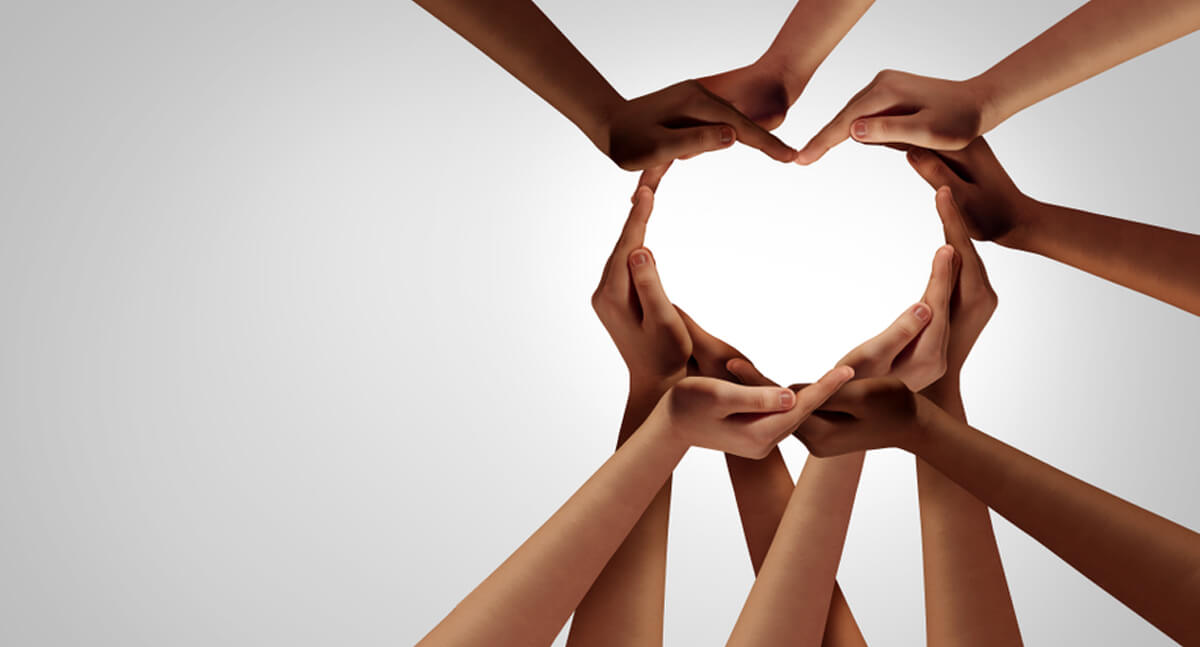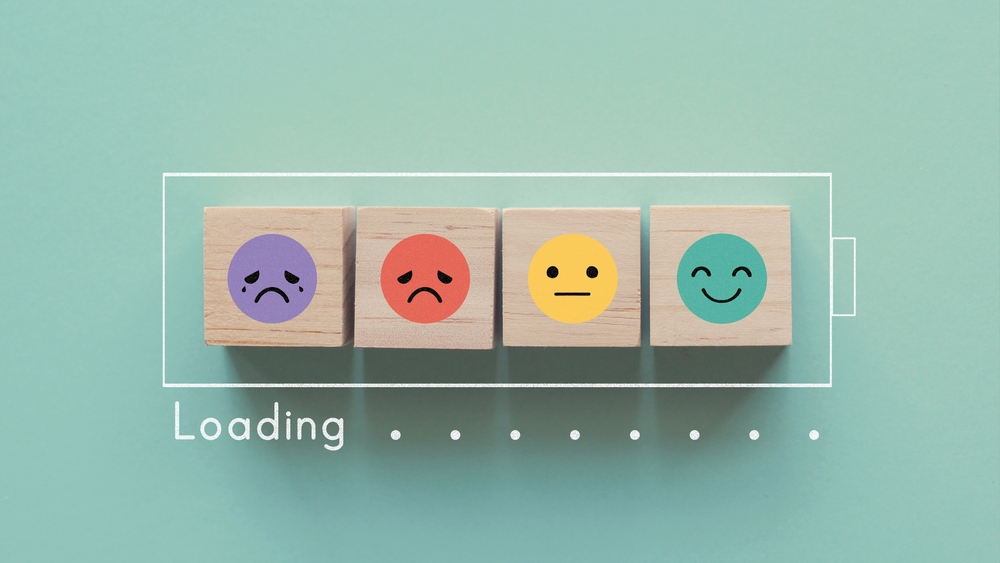Human relationships represent the essence of our human existence; they are the connections that arise between individuals and form the fabric of societies. These relationships enrich our lives and give them meaning, meeting our social and psychological needs.
In our world today, human relationships are a central axis in individual lives and their impact on society. They represent the social bonds that connect individuals and greatly influence their quality of life and emotional well-being.
Therefore, it is essential to understand the different patterns of human relationships and their importance, as they form the basis for understanding human nature and social behaviour.
In this article, we will delve into the world of human relationships, shed light on their importance, analyse their problems, and search for solutions to help us build strong and lasting relationships.
The Concept of Human Relationships
Human relationships are the interactions and communications between individuals within society, characterised by emotional, social, cultural, and personal exchanges. They encompass all forms of interaction between individuals, including family relationships, friendships, professional relationships, and community relationships.
Human relationships are based on important factors such as trust, respect, understanding, empathy, and effective communication. They require individuals’ readiness for understanding, tolerance, and cooperation, in addition to the ability to clearly express feelings and needs.
Human relationships are a fundamental element in building strong and healthy communities, as they contribute to enhancing belonging and solidarity among community members, fostering trust and cooperation, and contributing to personal happiness and well-being.
Types of Human Relationships
Human relationships form the essence of our social lives and take on various forms depending on the connection between individuals and the context in which the relationship occurs. Here is an overview of common types of human relationships:
Family Relationships:
Family relationships are the strongest social bonds, bringing together family members who share blood or legal ties. These relationships include relationships between parents, siblings, and other relatives and are characterised by shared history and deep understanding.
Friendships:
Friendships are important relationships based on mutual choice, appreciation, and understanding. Friendships form an emotional support network that contributes to enhancing individuals’ psychological well-being.
Romantic Relationships:
Romantic relationships involve emotional connections between romantic partners, characterised by intimacy, and deep understanding. These relationships are one of the most important sources of happiness and emotional balance in life.
Professional Relationships:
Professional relationships include relationships in the workplace, involving relationships between employees and between employees and employers. These relationships are characterised by cooperation, achieving common goals, and mutual appreciation of efforts.
Community Relationships:
Community relationships include relationships within the community at large, such as relationships with neighbours, acquaintances, and members of the local community. These relationships are essential for enhancing community belonging and building community support networks.
The Importance of Human Relationships for Mental Health
Human relationships are of great importance in the lives of individuals and communities from several perspectives:
- Human relationships provide emotional support that helps individuals overcome daily challenges and pressures, enhancing feelings of trust and security.
- Human relationships enhance healthy social communication and reduce feelings of loneliness and isolation, contributing to mental and emotional health.
- Human relationships contribute to building trust and promoting cooperation among individuals and groups, enhancing understanding and contributing to more effective problem-solving and conflict resolution.
- Human relationships provide a safe environment for personal growth and development, where individuals can exchange experiences, knowledge, and learn new things through interaction with others.
- Strong human relationships contribute to improving public health and well-being, as social support is associated with lower rates of stress, depression, and chronic diseases.
- Human relationships contribute to enhancing community belonging and a sense of social identity, promoting a sense of belonging and integration into society.
In general, human relationships are essential for personal happiness and well-being and contribute to building more cohesive and progressive communities.
Challenges and Problems of Human Relationships
As we have discussed the importance of human relationships and how they form the basis of social life, let us move on to some of the challenges they face and the various problems they encounter. Among these problems are:
1. Ineffective Communication:
The inability to express feelings and needs clearly can lead to distancing in relationships.
2. Lack of Understanding:
The inability to understand others’ perspectives and feelings can lead to difficulties in cooperation and building strong relationships.
3. Conflicts and Disputes:
Differences in values and interests can lead to conflicts within relationships, whether personal or professional.
4. Lack of Trust:
Lack of trust between individuals may arise due to negative experiences or lack of transparency and honesty in dealings.
5. Lack of Respect:
Disregarding personal boundaries and personal space of others can lead to feelings of annoyance and disturbance in relationships.
6. Imbalance in Giving and Receiving:
When there is no balance in efforts and interests between partners in a relationship, problems may arise leading to distancing and separation.
7. Pressures of Daily Life:
Everyday stress and pressures can affect the quality of relationships and lead to their deterioration.
Facing these problems requires a deep understanding of others’ needs and feelings, a willingness to communicate openly and respectfully, in addition to seeking emotional and professional support when necessary.
Solutions to Human Relationship Problems
There are several solutions that can be followed to overcome human relationship problems and improve their quality. Here are some suggested solutions:
- Focus on improving effective communication skills, including active listening and expressing feelings and needs clearly and respectfully.
- Build mutual trust and respect between individuals, through acting with integrity, transparency, and commitment to promises.
- Seek to understand and appreciate others’ perspectives, and provide support and tolerance in cases of disagreements and conflicts.
- Deal with conflicts and disputes constructively, by seeking compromise solutions and resorting to dialogue and negotiation.
- Individuals should identify and respect personal boundaries for themselves and others, and communicate clearly about them.
- In some cases, it may be necessary to seek professional help such as marital or family counselling to deal with specific problems.
- Invest in building positive relationships and avoid toxic and harmful relationships.
- Individuals can improve the quality of their relationships by working on improving their personal and social skills, and working on enhancing self-confidence and independence.
Remember that solving human relationship problems requires patience, dedication, and cooperation from both sides, and sometimes it may require working together to achieve the desired change.
Summary
Human relationships represent the essence of human existence, forming the fabric of societies and meeting our social and psychological needs.
These relationships provide emotional support, a sense of belonging, learning, growth, happiness, and satisfaction.
However, human relationships may suffer from problems such as misunderstandings, conflicts, jealousy, and betrayal.
These problems can be solved through effective communication, understanding, respect, and tolerance.
Human relationships are one of the most important aspects of life, forming a fundamental element for happiness and satisfaction; therefore, you can consult a specialist and solve any problem in your relationships through the Rafed platform.
Contact us now and do not hesitate!



